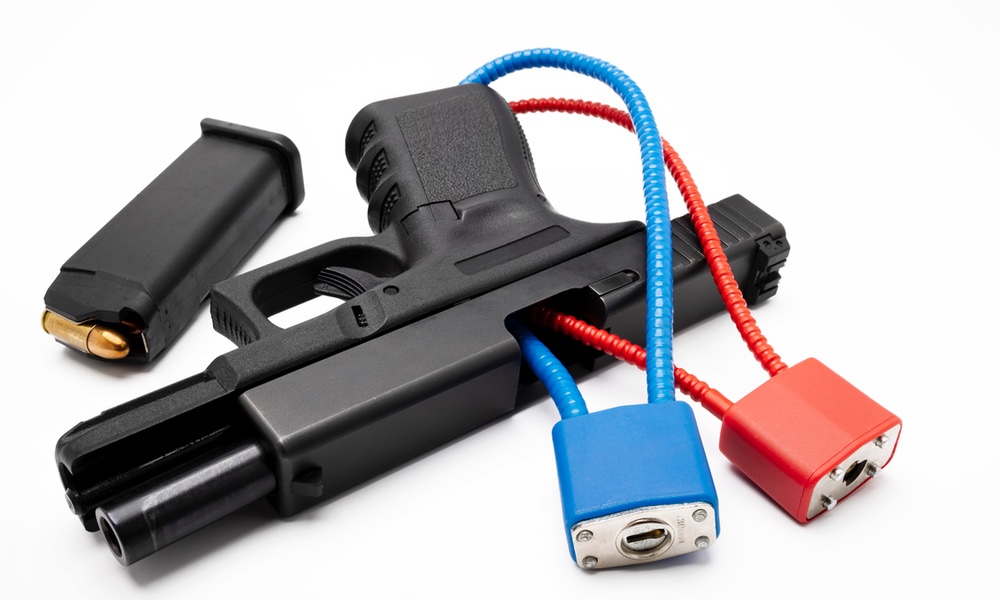Peanut allergies can be life-threatening, and parents are understandably cautious about giving their children peanuts for the first time. Guidance for parents on how to introduce peanuts to infants has changed over the years, but a new study suggests that introducing peanut products to babies early in life may prevent the development of peanut allergy.
One of the most common food allergies, peanut allergy is a leading cause of allergy-related death among children and affects about a fourth of children in the U.S. who have a food allergy. It is rare that a child will outgrow it. The incidence of peanut allergy has increased over the past 15 years.
To sort out the changing information that parents have read or been told about feeding peanuts to their babies, the Canadian Medical Association has released key points about introducing peanuts to babies.Peanuts can be finely ground and added to other foods, or peanut butter can be thinned with hot water to make a puree to feed the baby with a spoon.
Infants with severe eczema are more likely to have a peanut allergy, however; they should not be fed peanuts. Babies with mild eczema or no eczema can be introduced to peanuts.
Caution should be taken with infants who have other risk factors for peanut allergy, such as an allergic reaction to eggs. These babies should be assessed by a specialist before they are fed peanuts.
Babies should not be fed whole peanuts because they are a choking hazard. Even peanut butter can be dangerous because it is thick and sticky. Peanuts can be finely ground and added to other foods, or peanut butter can be thinned with hot water to make a puree to feed the baby with a spoon.
After a baby is fed peanuts, parents should be on the lookout for signs of an allergic reaction. These include, but are not limited to, hives, rash, coughing, difficulty breathing, redness around the mouth or swelling of the lips. Babies who show signs of allergy need medical attention. Even a mild reaction the first time could result in a potentially life-threatening reaction the next time a child eats peanuts.





